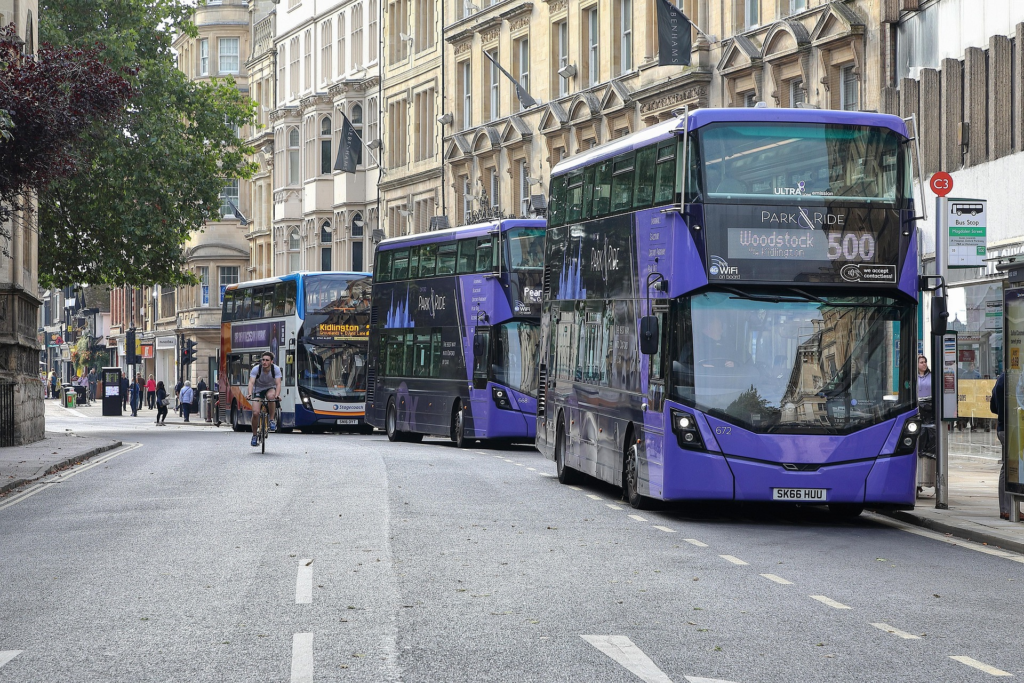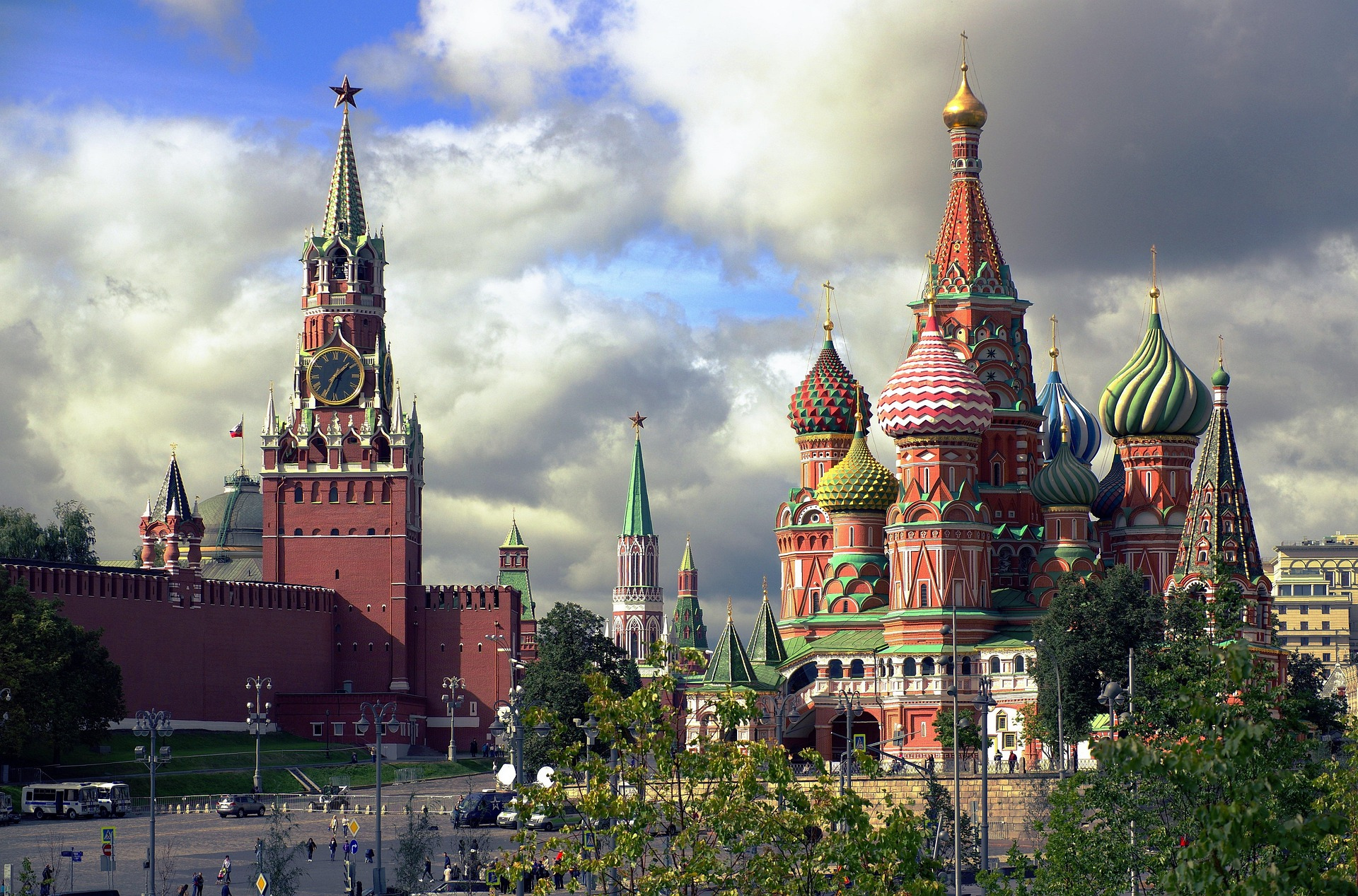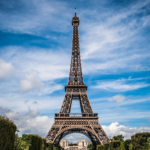Moscow has made the transition to sustainable public transport, adopting electric buses in one of the world’s most visited and populous cities. These buses play a key role in the city’s pollution reduction and urban transportation modernization efforts. Electric buses have exhibited impressive efficiency, reliability, and environmental benefits since their first deployment.
Features of Electric Buses in Moscow
Moscow’s electric buses are equipped with features that allow for passenger and operating comfort. Some key features include:
Eco-Friendly Operation:
Zero emissions, the city’s carbon footprint is reduced.
Utilization of lithium-ion batteries, which offer long range and quick charging.
Import Of Charging Infrastructure:
A network of fast-charging stations across the city.
Some buses recharge in as little as 6-10 minutes at ultrafast stations.
Modern Passenger Amenities:
Automated thermal sensors for temperature management.
Offering complimentary Wi-Fi and USB charging ports for passengers.
So a low-floor layout for easy access.
Smart Navigation Systems:
Real-time tracking through GPS connectivity
AI-powered route optimization that minimizes delays
Enhanced Safety Features:
Collision avoidance systems.
In-bus CCTV will keep passengers secure.
Types of Electric Buses in Moscow
There are many types of electric buses in the fleet in Moscow. They have different routes and passenger capacities. The main types include:
Standard Electric Buses:
Normally 85 passenger seating, 12m length.
Ideal for busy urban routes.
Articulated Electric Buses:
Extended buses that can carry up to 150 passengers.
Utilized on routes with high demand, ridership levels.
Mini Electric Buses:
Small cars made for narrow streets and quieter routes
The aircraft has a seating capacity of roughly 30 passengers.
Strengths of Electric Buses in Moscow
There are different strengths of electric buses in Moscow, which is the reason for their growing popularity:
Environmental Benefits:
Most air pollution and also noise levels drastically dropped.
Alignment with global sustainability objectives.
Cost Efficiency:
Reduce operational and maintenance costs in comparison to diesel buses.
Enticing the fleet: Government incentives and subsidies
Technological Advancements:
How artificial intelligence and the Internet of Things combine for optimum fleet management
Ongoing refinements of battery and motor technology.
Public Acceptance:
Passengers should be encouraged by echoes of comfort and convenience.
More Districts are Demand Electric Bus
Current Situation of Electric Buses in Moscow
Moscow currently has one of the largest electric bus fleets in Europe, with over 1,000 electric buses in service. The city is growing its network even more, with electric buses on over 50 routes. Here are summaries of the latest developments:
Infrastructure Expansion:
More than 150 charging stations in the city.
Reserved lanes and traffic signals for electric buses
Government Support:
Moscow government investment in people and sustainable transport.
Domestic production partnerships with manufacturers such as Kamaz and GAZ.
Challenges Faced:
Severe winter weather impacting battery function.
Still, more expansion will be needed in suburban regions.

Electric Buses in Moscow
Future Prospects of Electric Buses in Moscow
Moscow is taking strides towards the future with electric buses – get on board! Here are some expected developments:
Fleet Expansion:
A plan to add 2,000 more electric buses by 2030.
Removing diesel buses from our fleet by 2035
Battery Innovations:
Solid-state batteries to increase the range.
Research on wireless charging solutions.
Autonomous Operations:
Self-driving electric buses: Pilot projects
Moscow’s integration with smart city projects
International Collaboration:
Alliances with global technology leaders for efficiency enhancement.
Report One of a Series of Reports on Climate, by P. JS Shares What I know Sorry, but we can’t If you were in charge of the largest subway system in the world, they asked, wouldn’t you be worried about what people think of it?
Conclusion
Electric Buses in Moscow: The electric bus program in Moscow is evidence of the city’s investment in sustainable and smart urban transport. Electric buses will help transform the public transport of the Russian capital Cities around the world are turning towards electric buses to help excite public transport reform, and thanks to ongoing developments in technology, infrastructure and policy support, electrical buses will contribute significantly to public transport in the Russian capital. If it works, it could provide a template for cities around the world trying to move to better and more efficient public transport systems.



Pingback: Electric Vehicles in London: A Comprehensive Overview - Tech Master Online